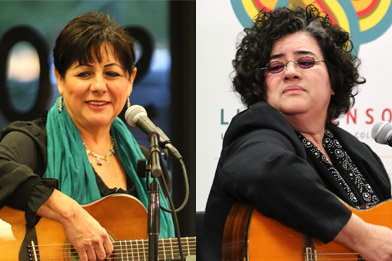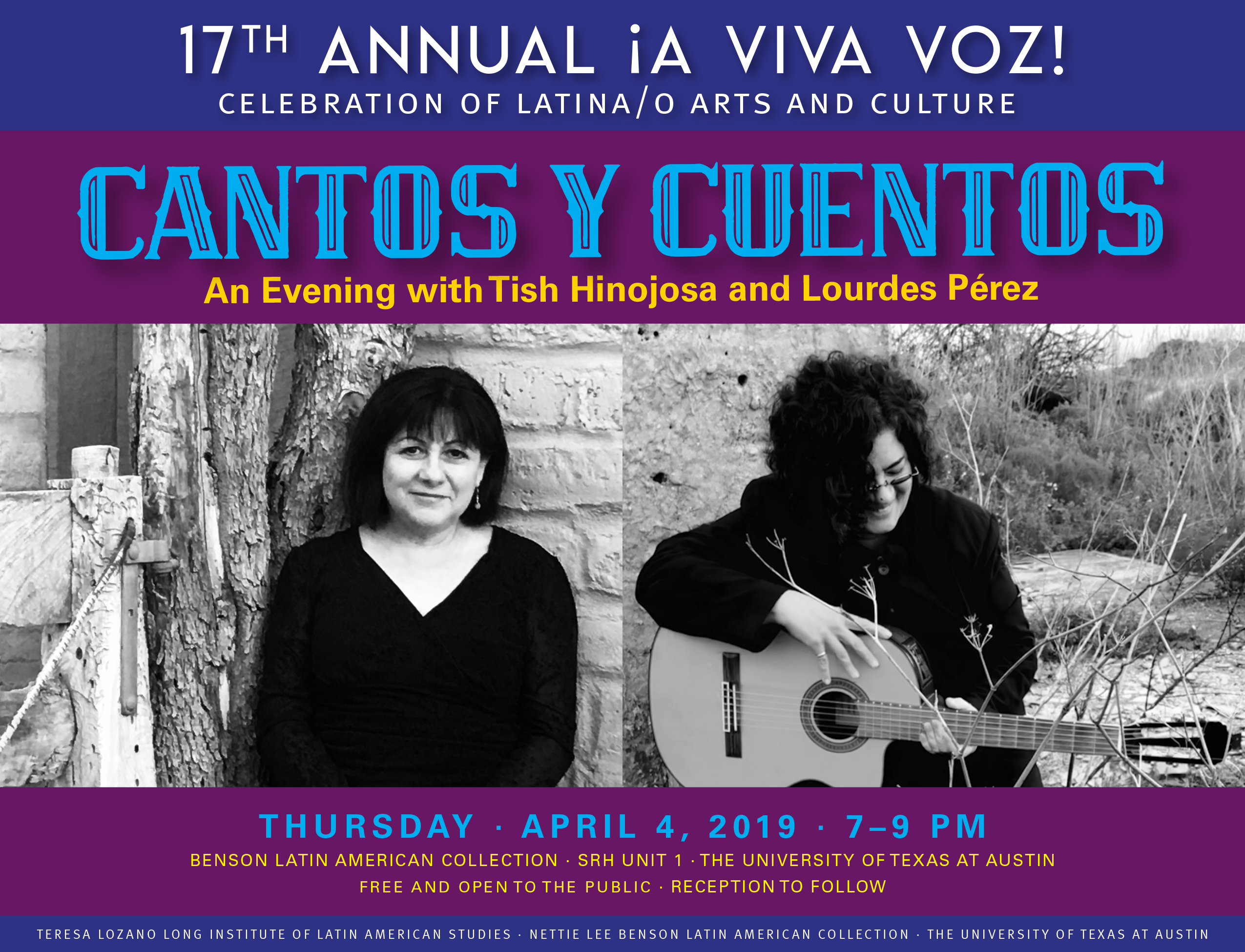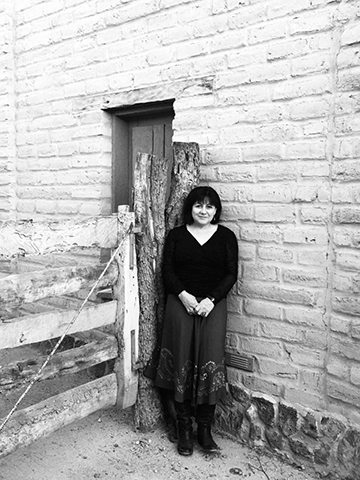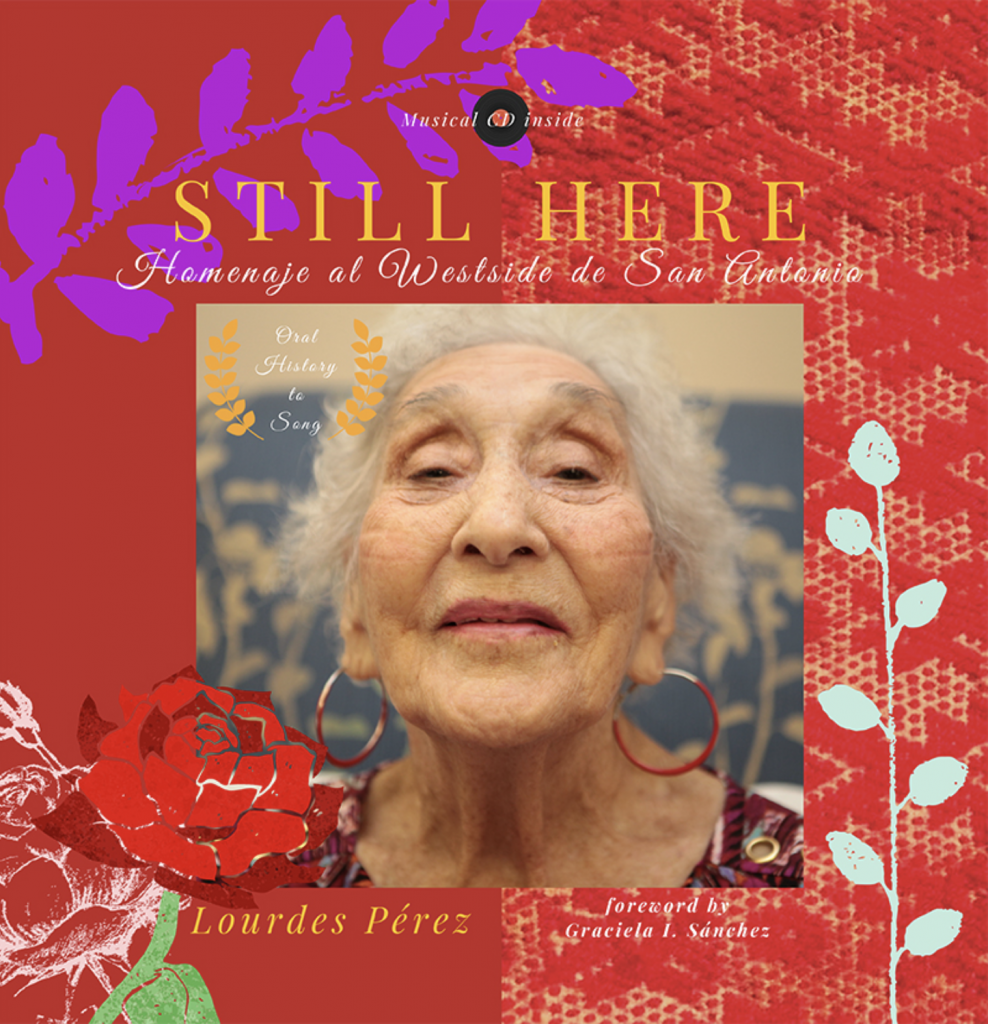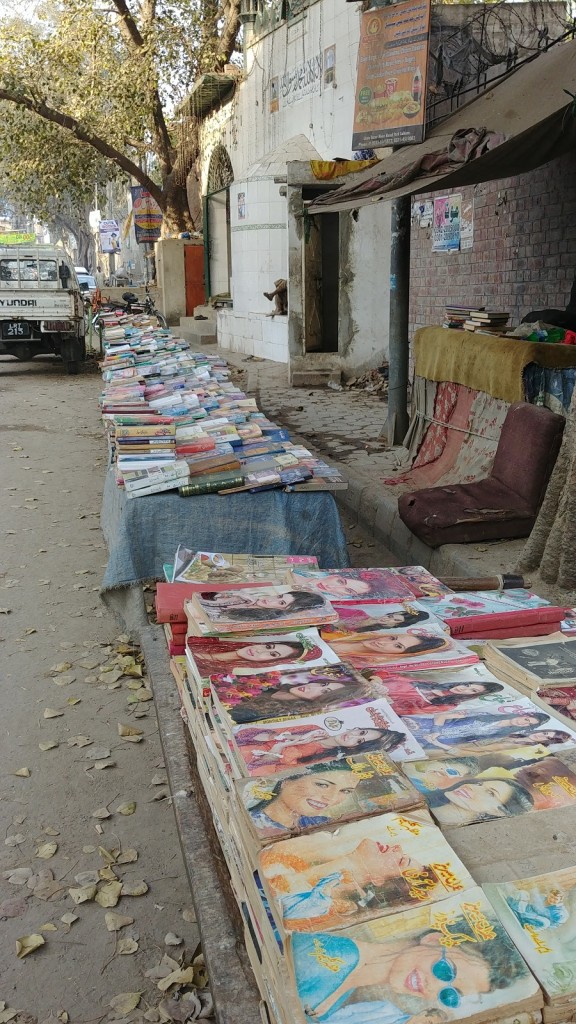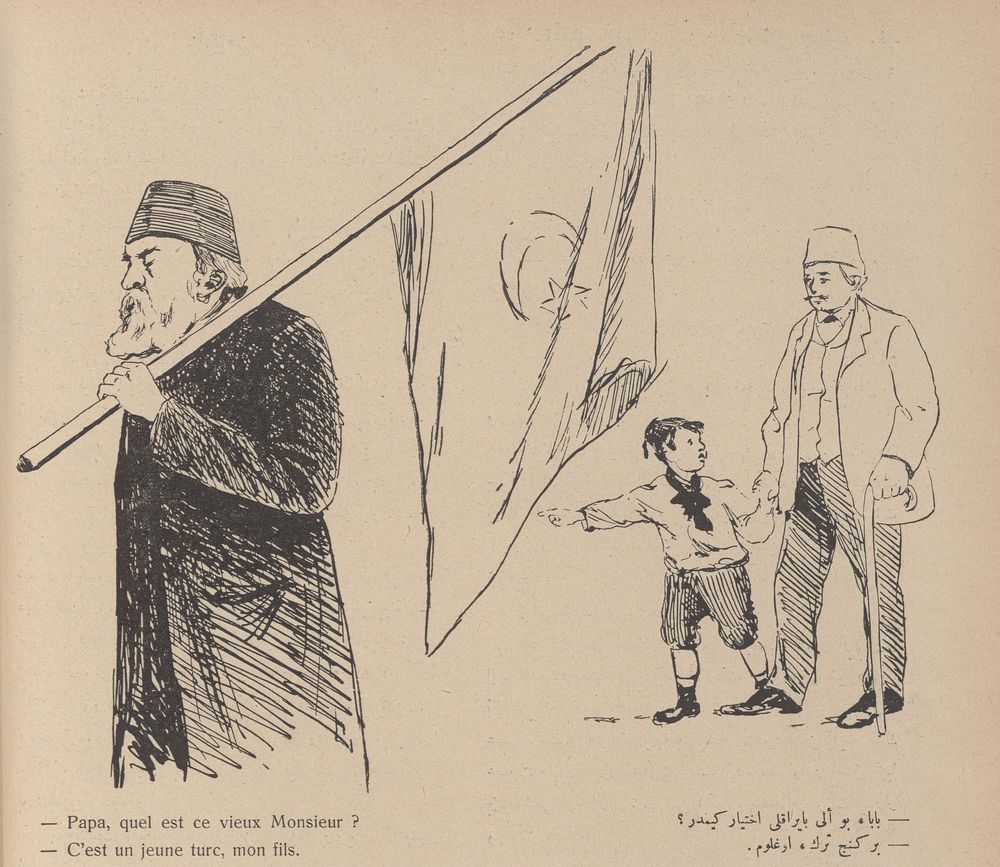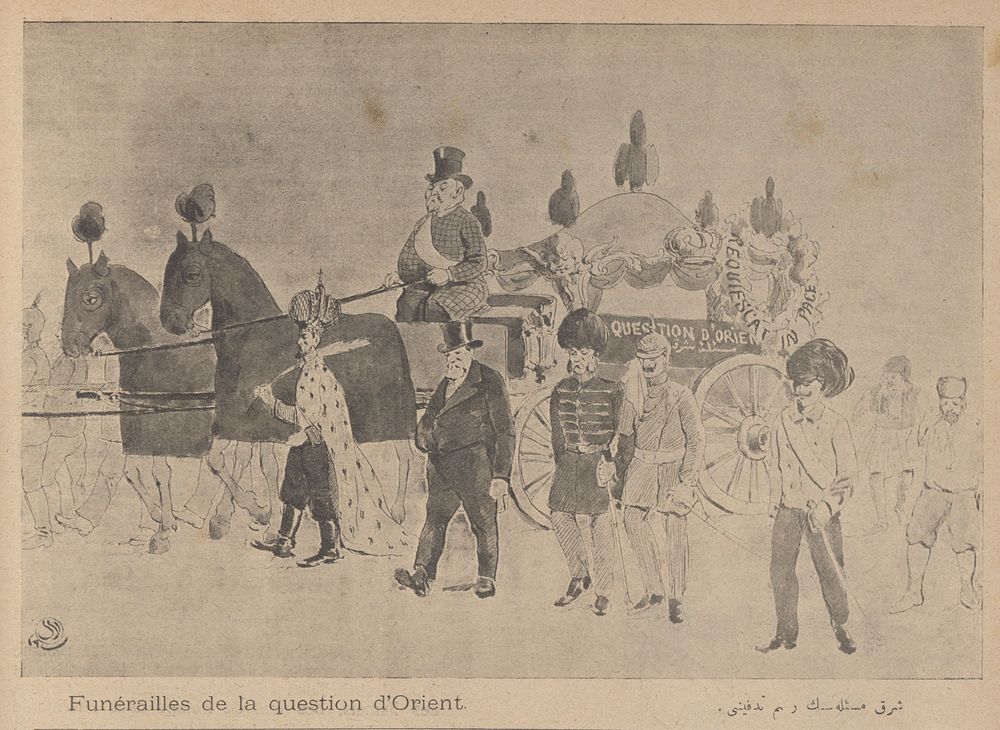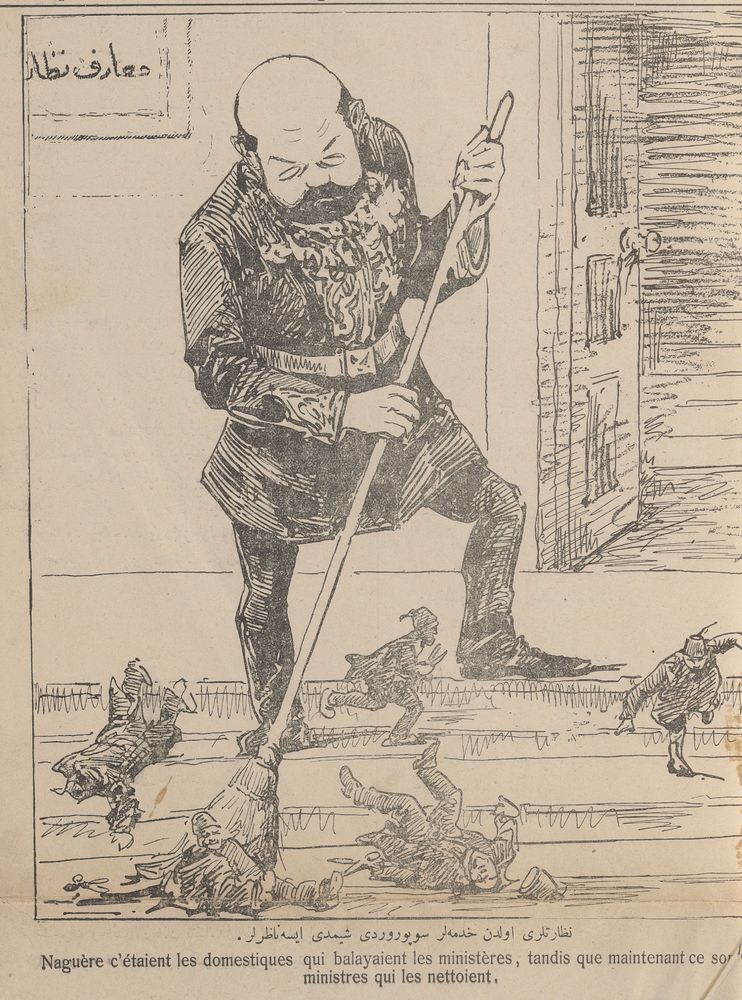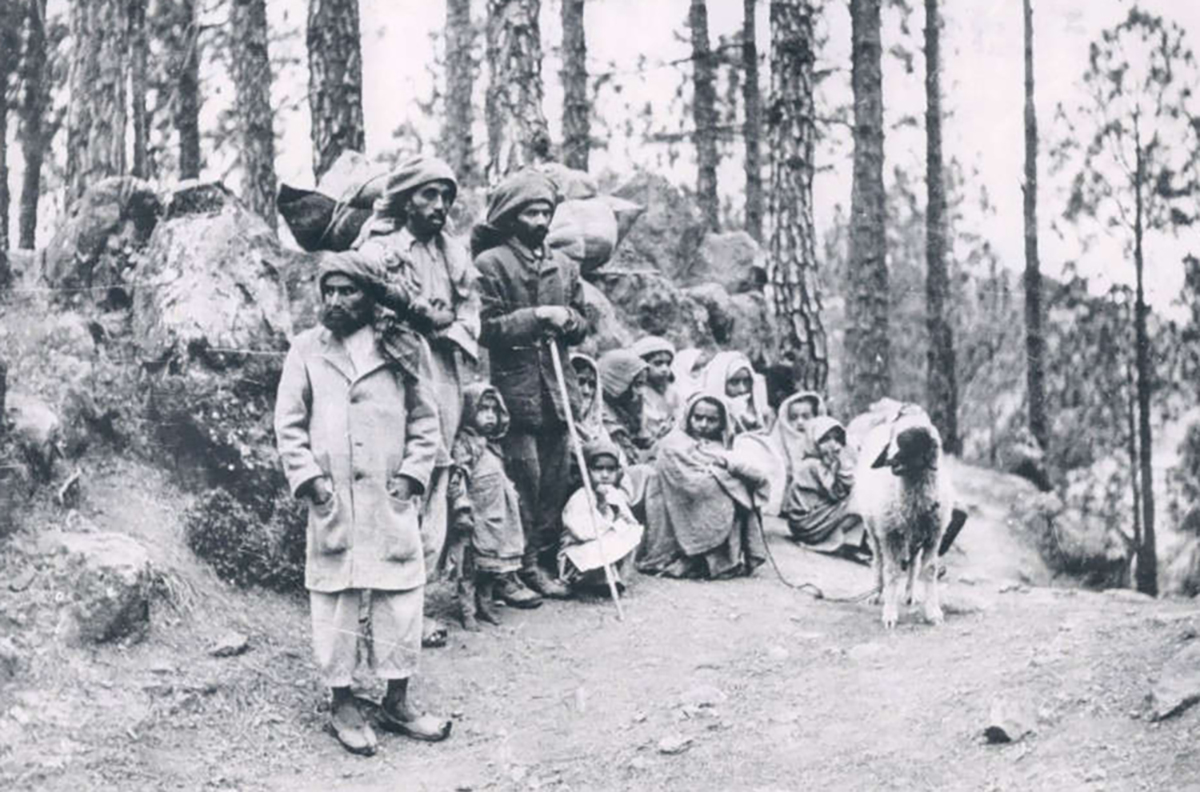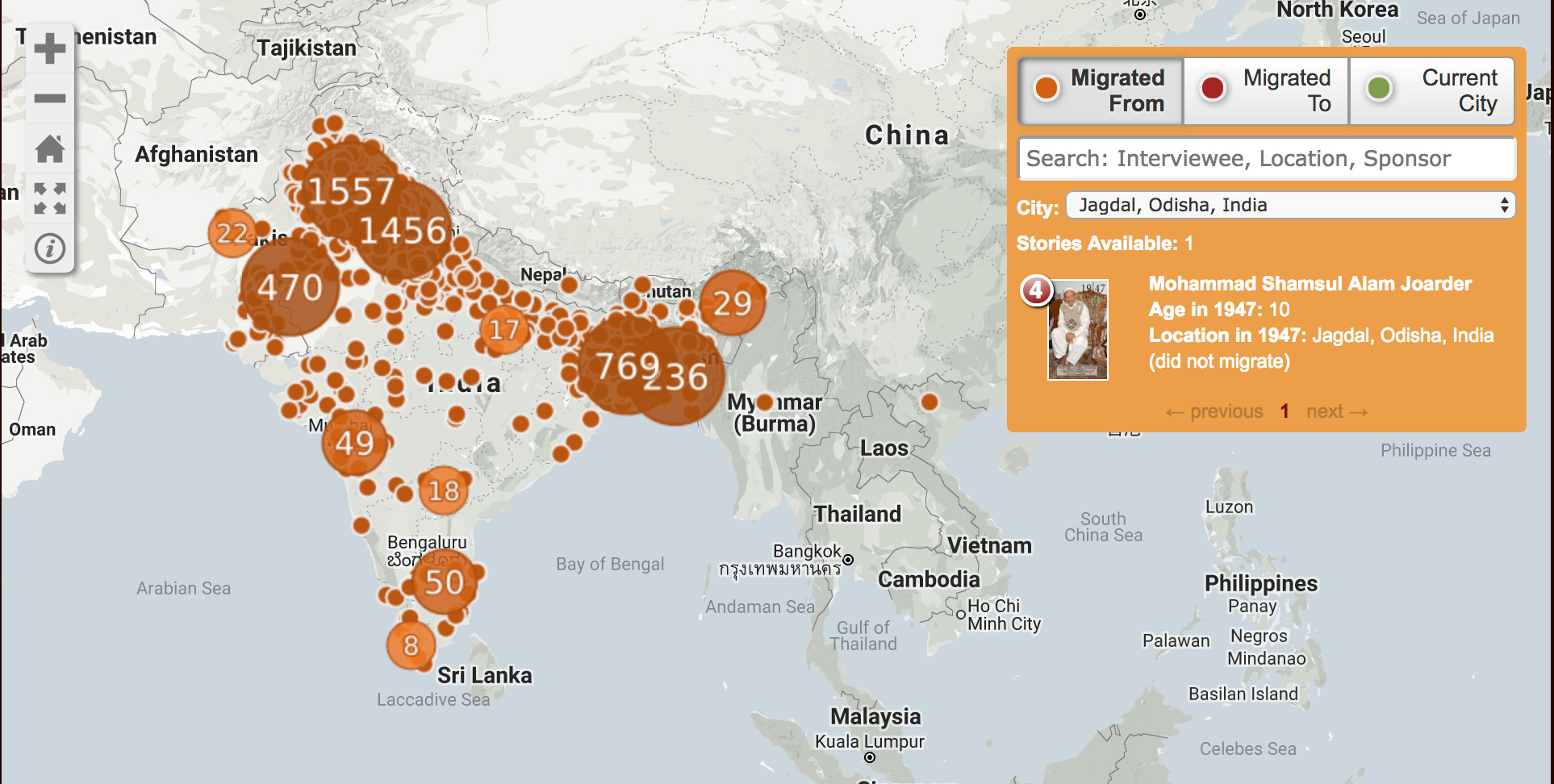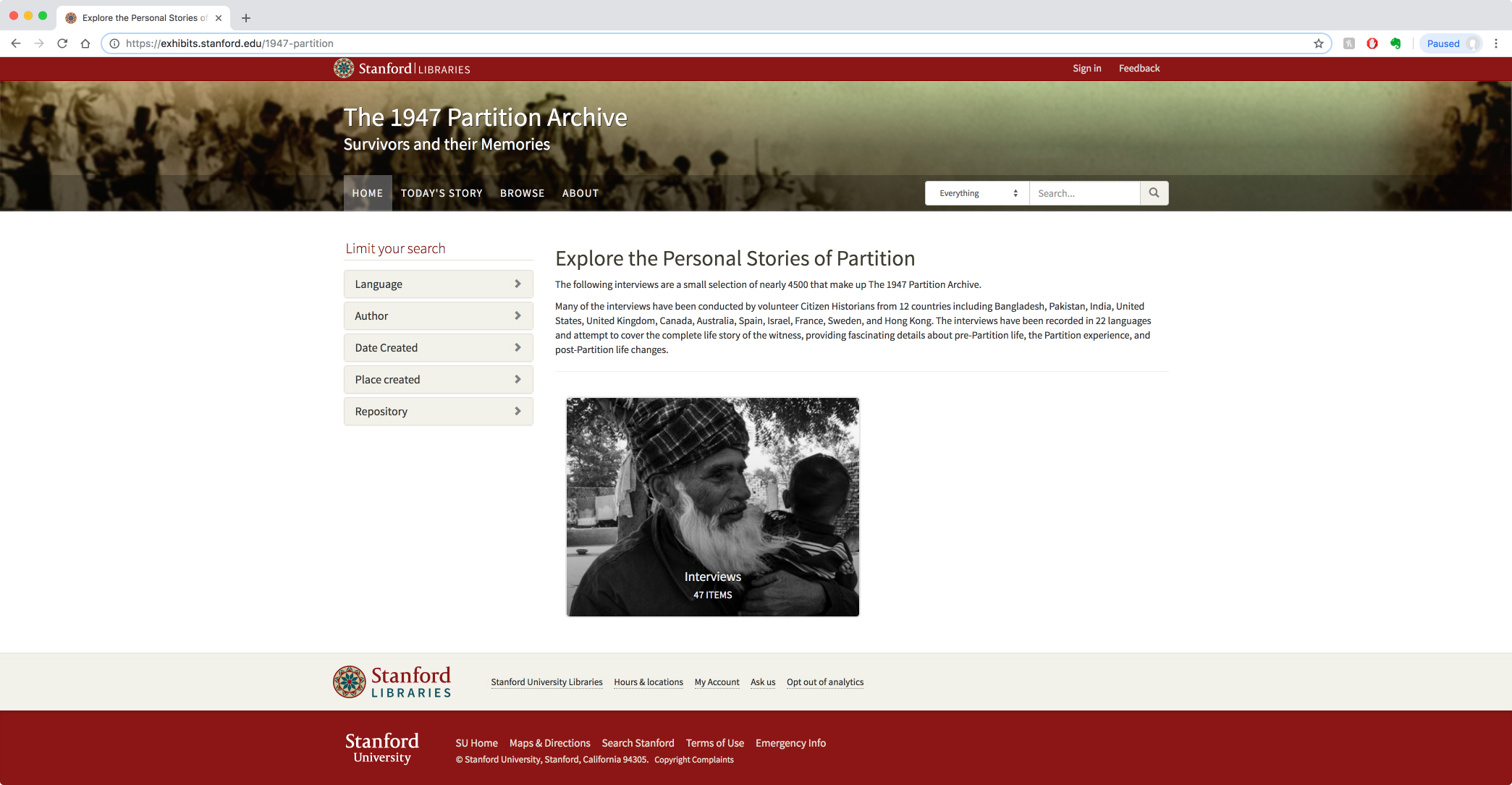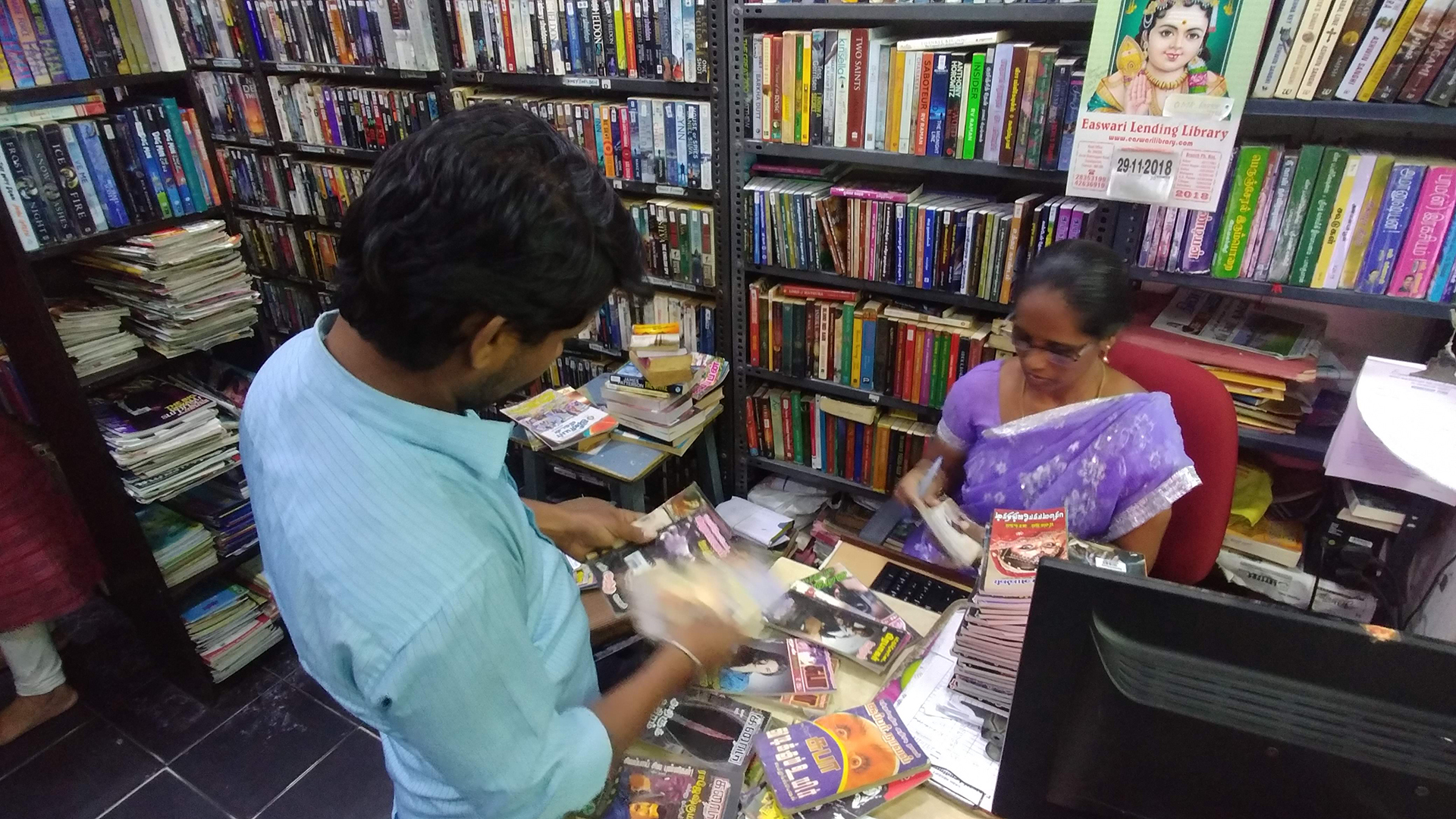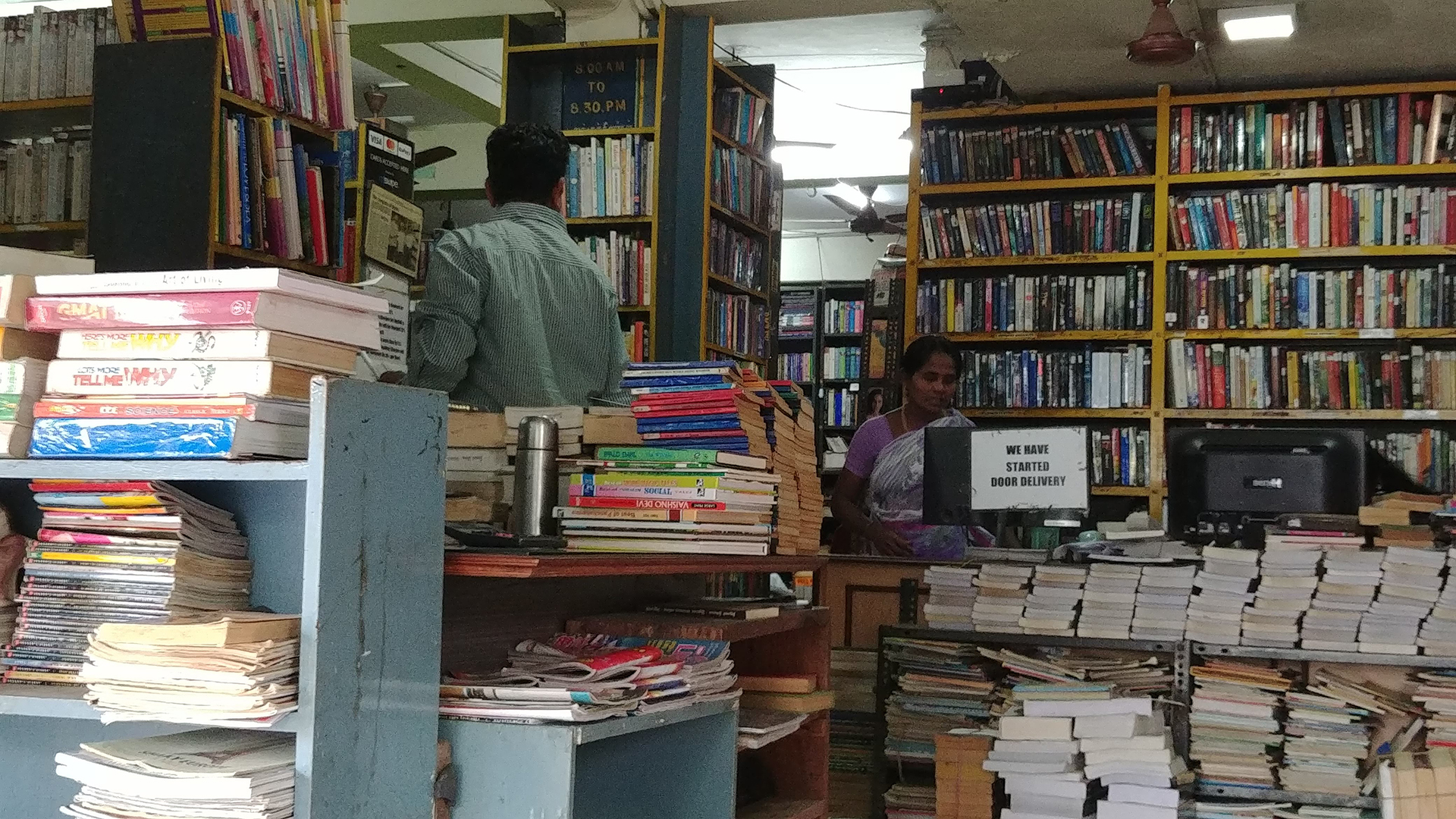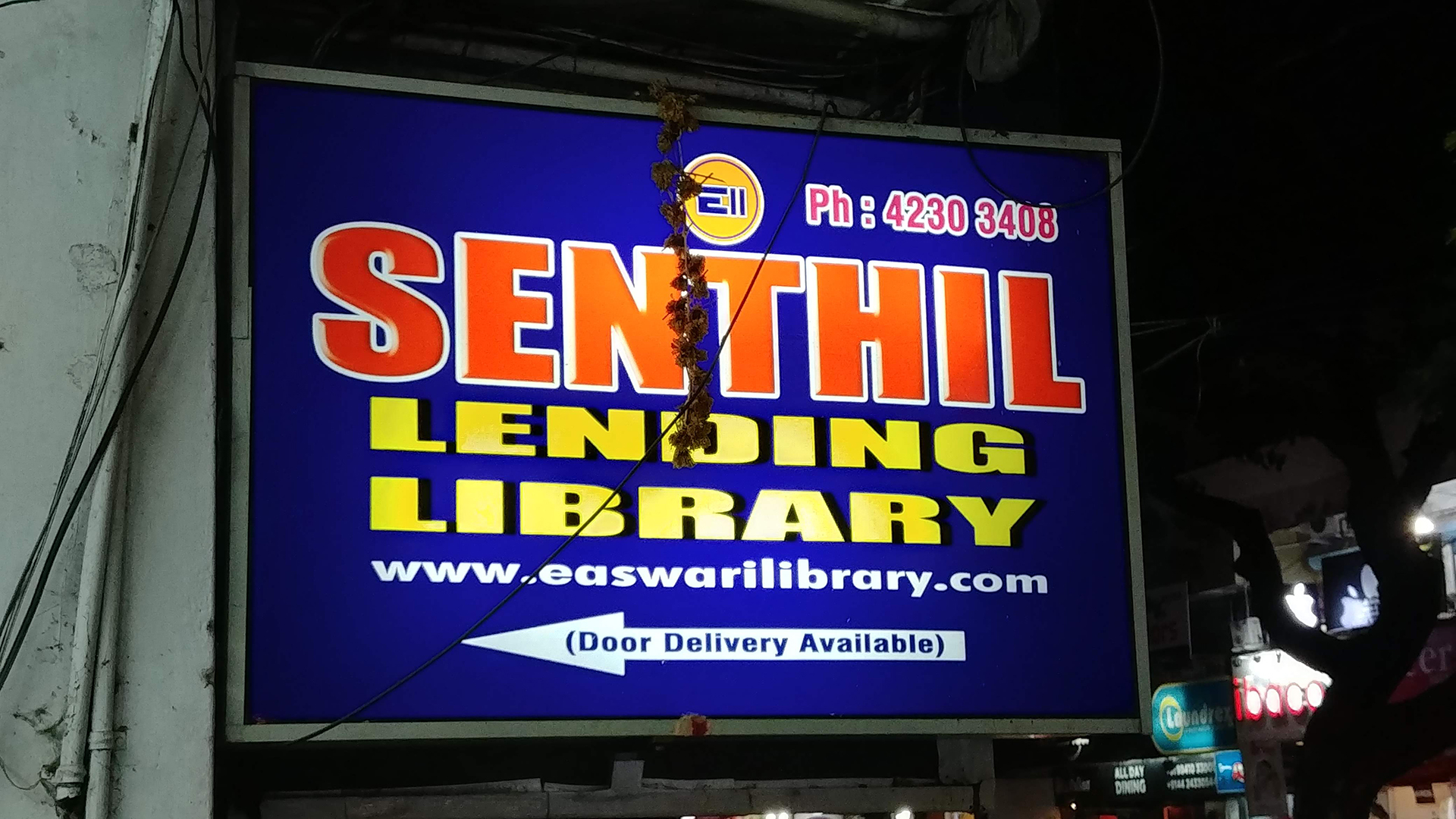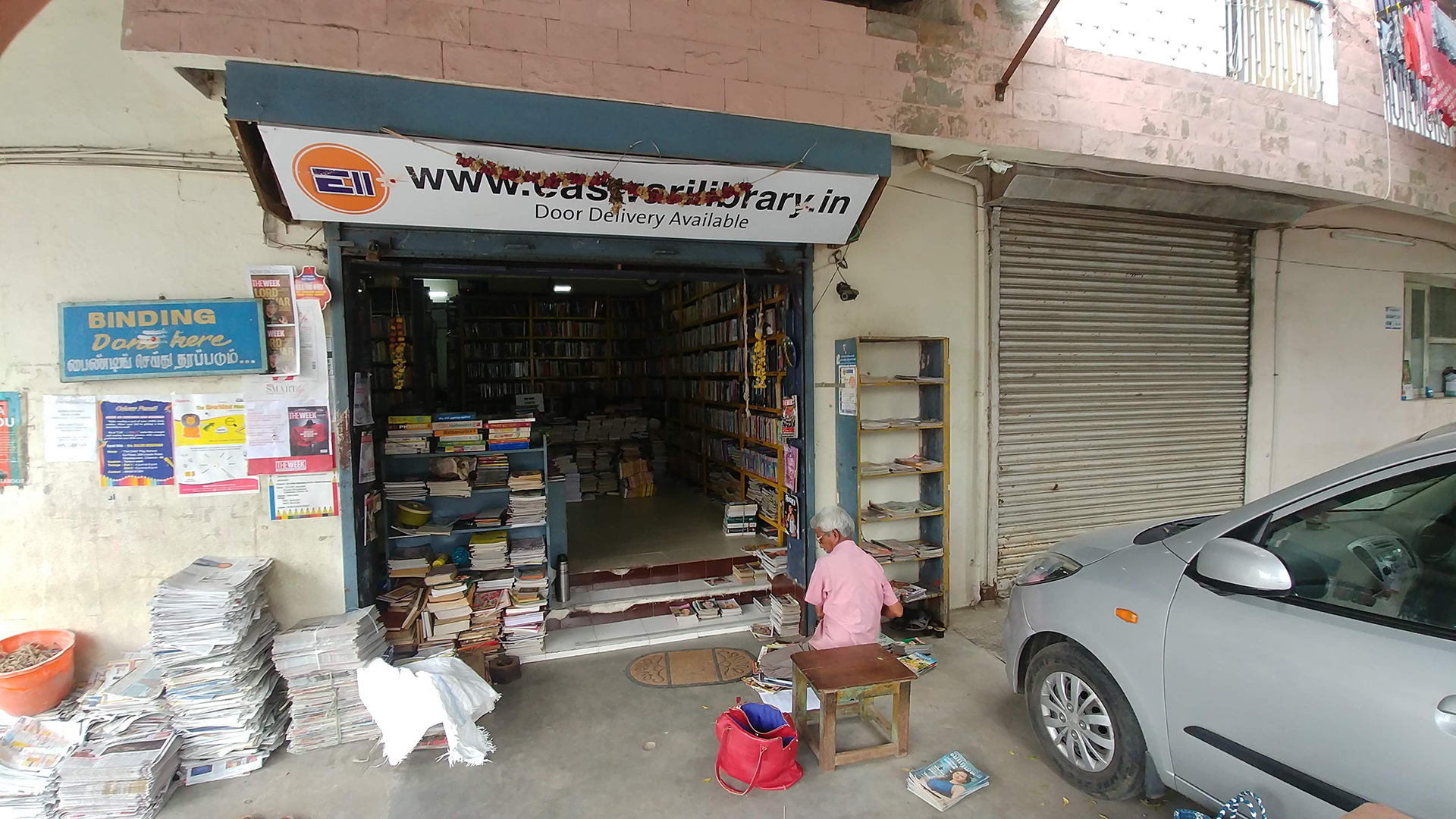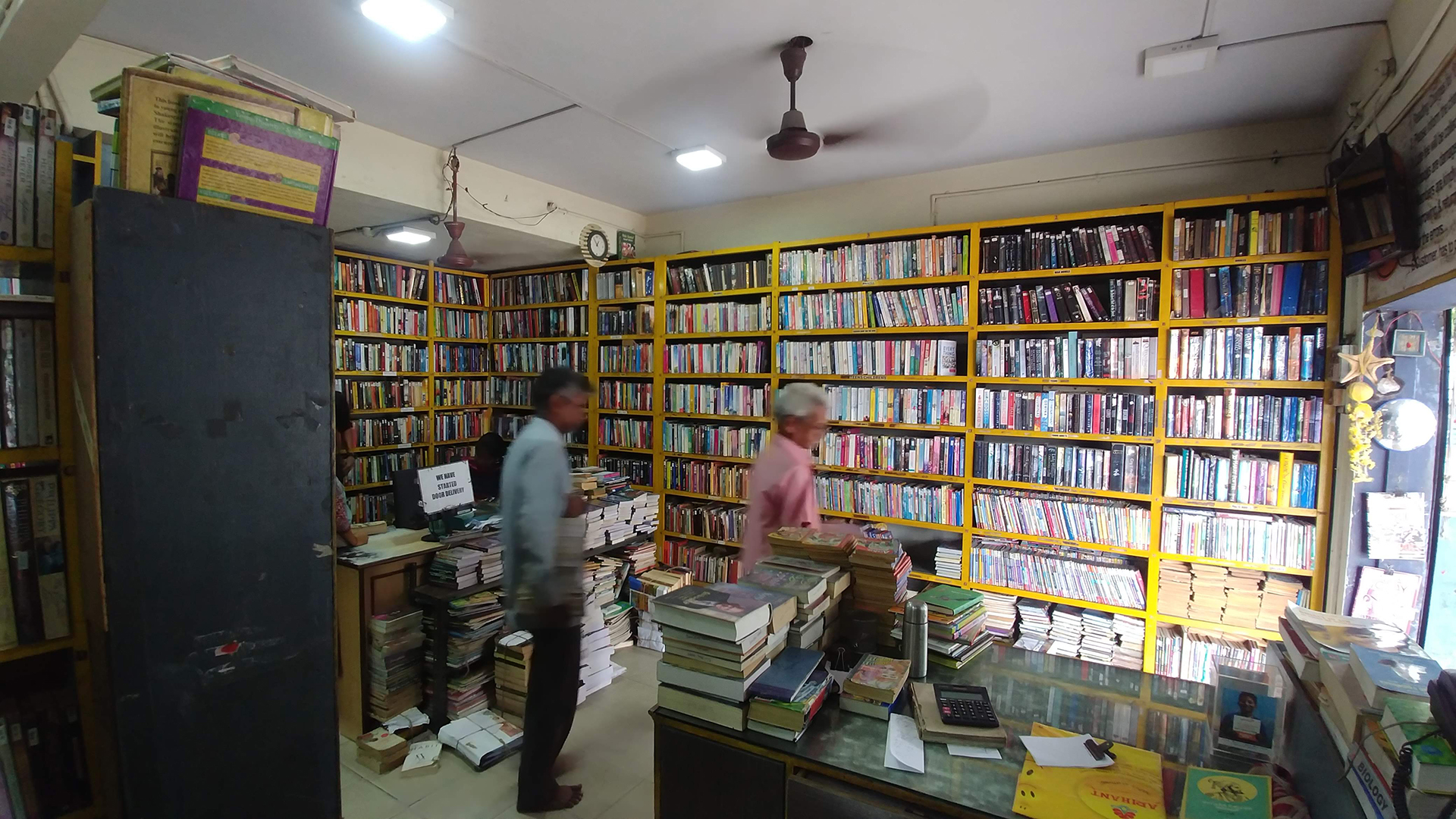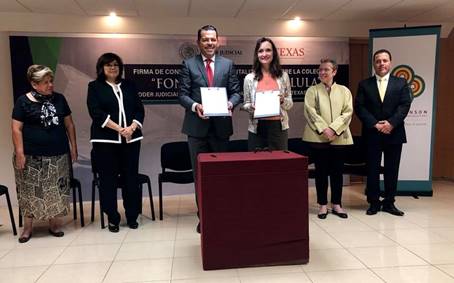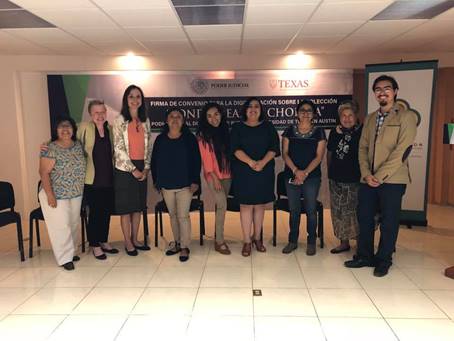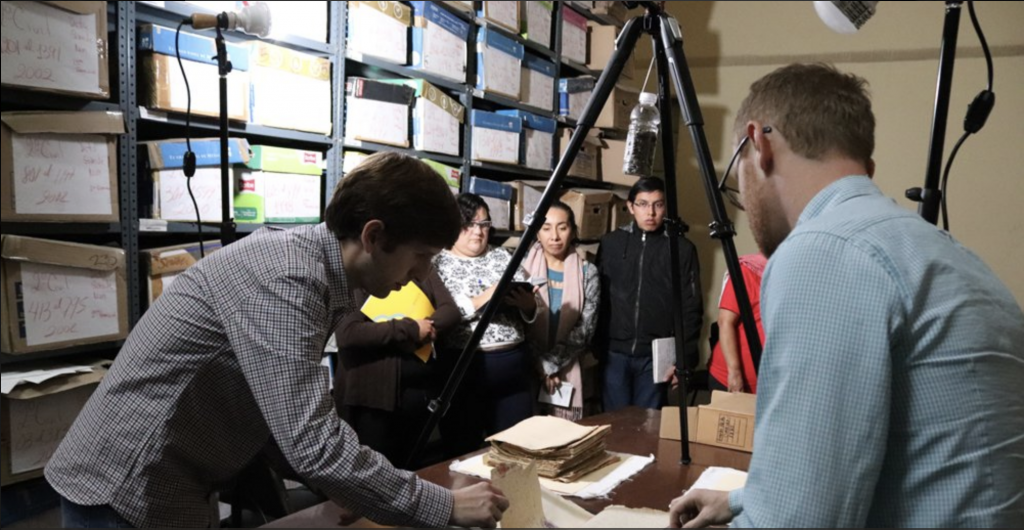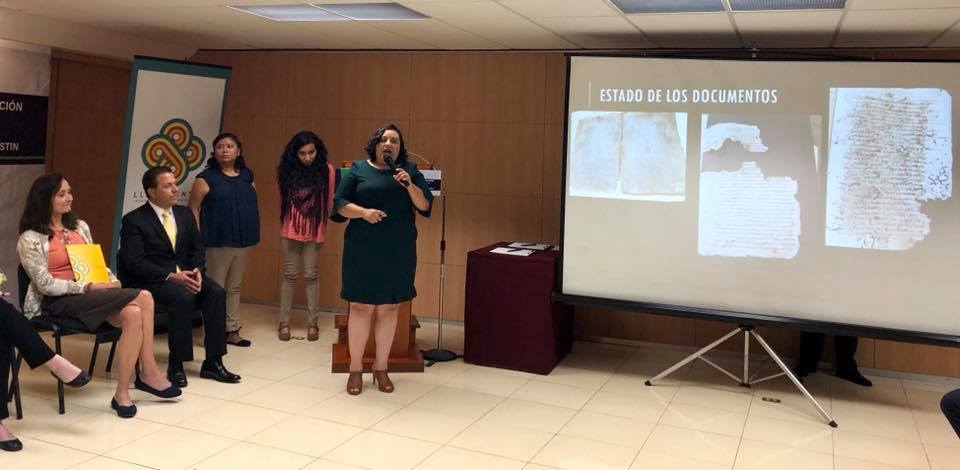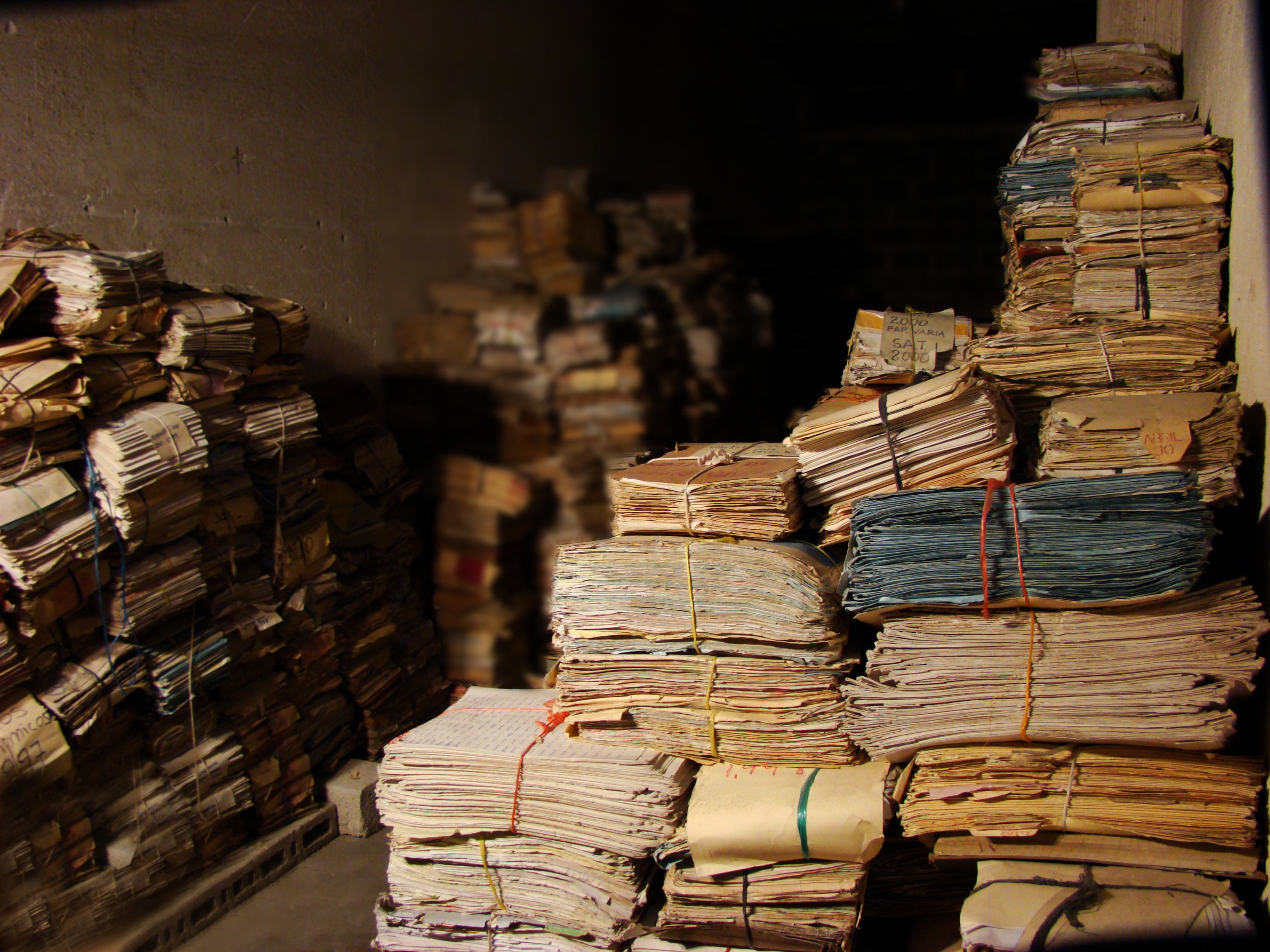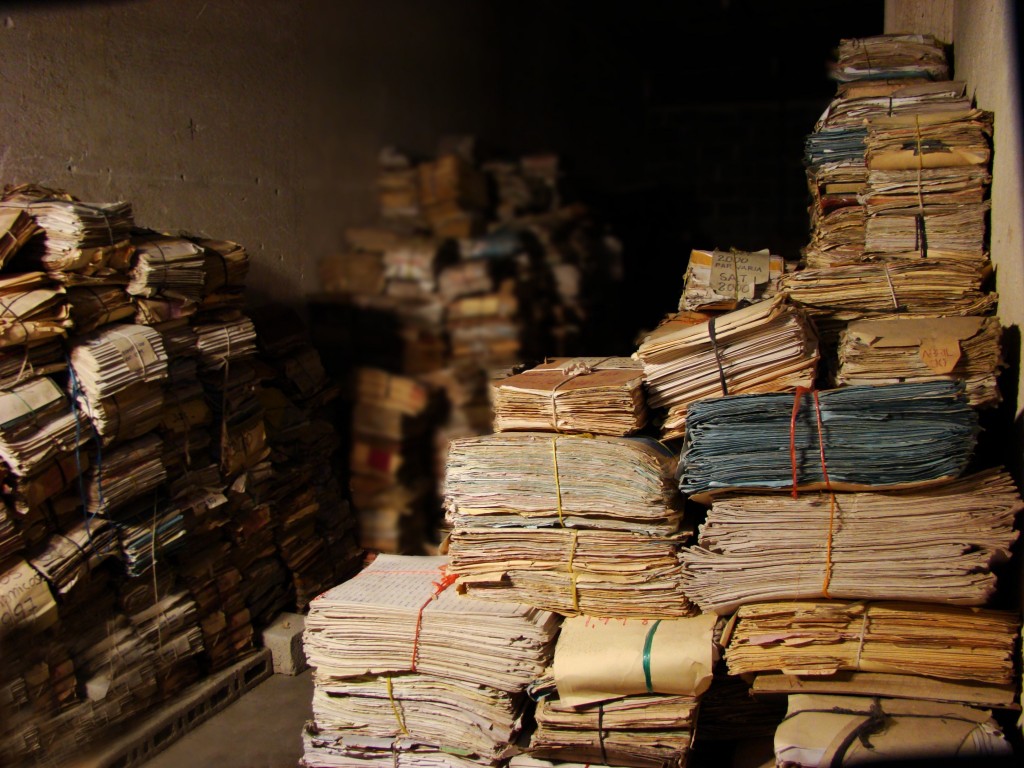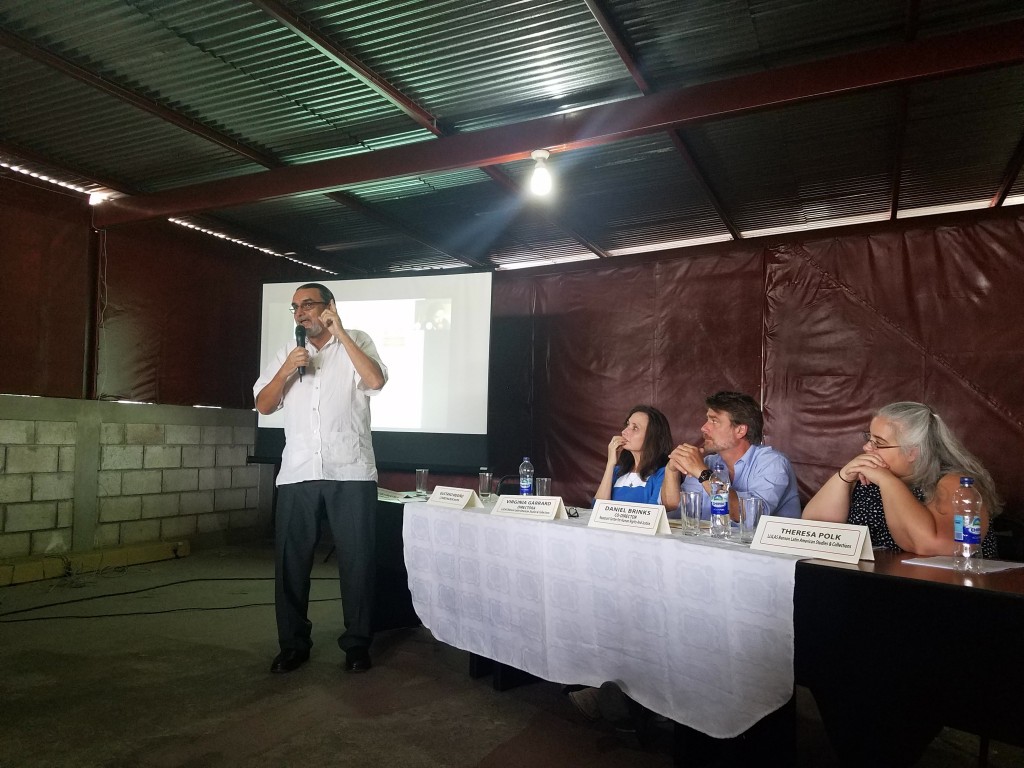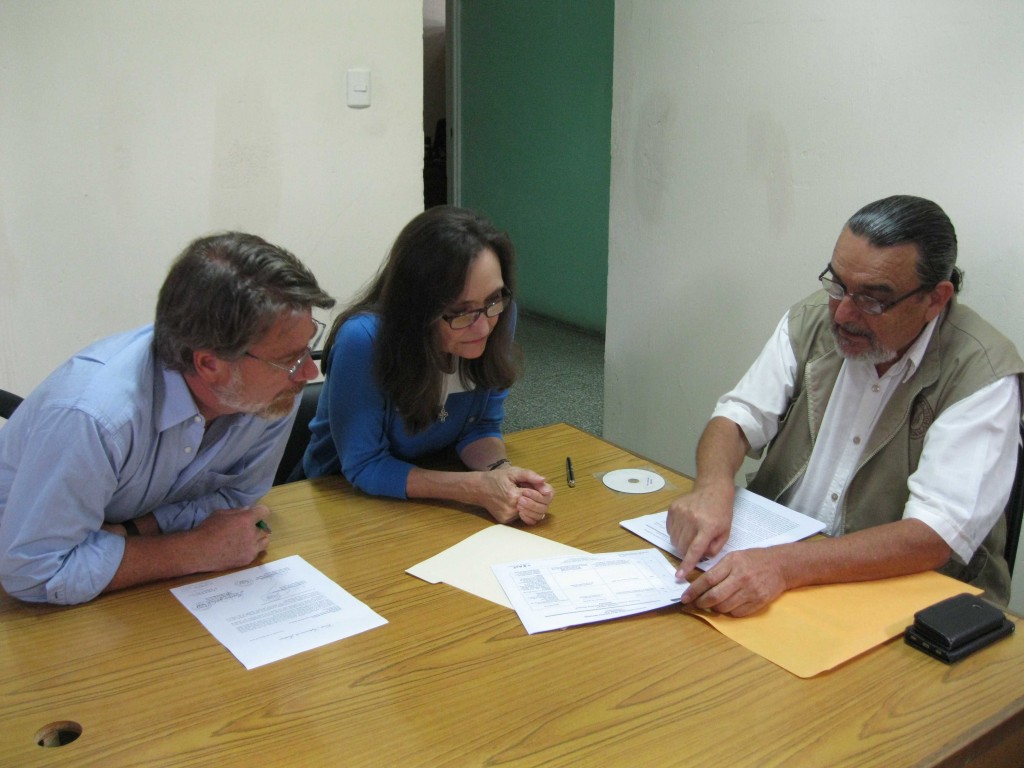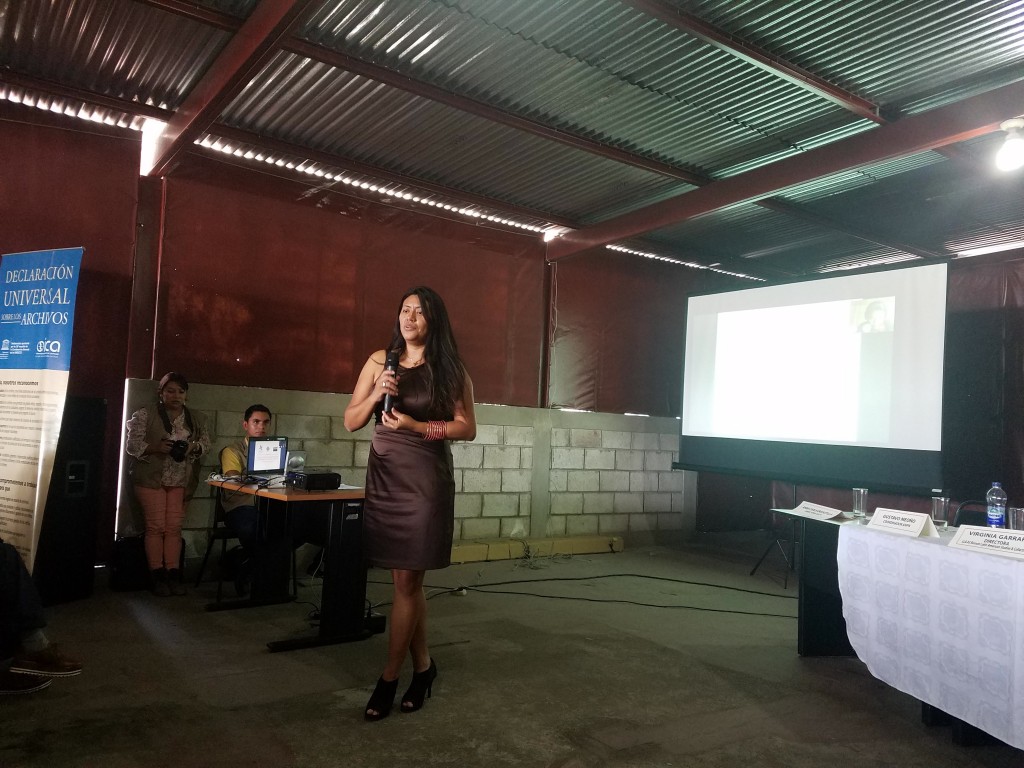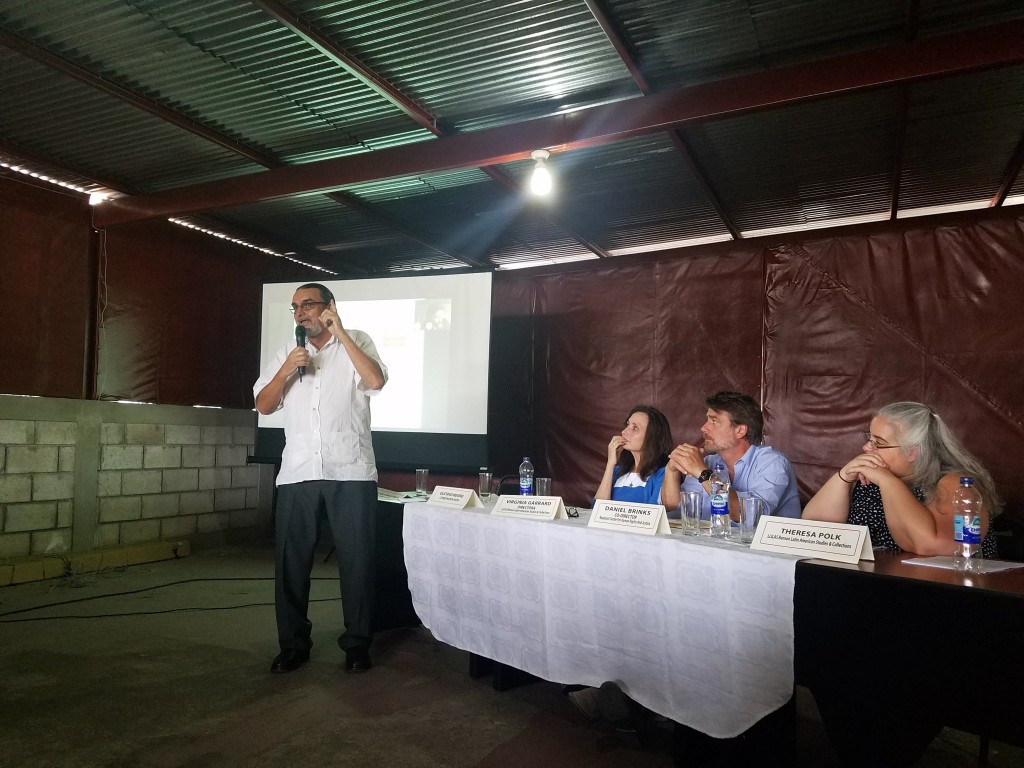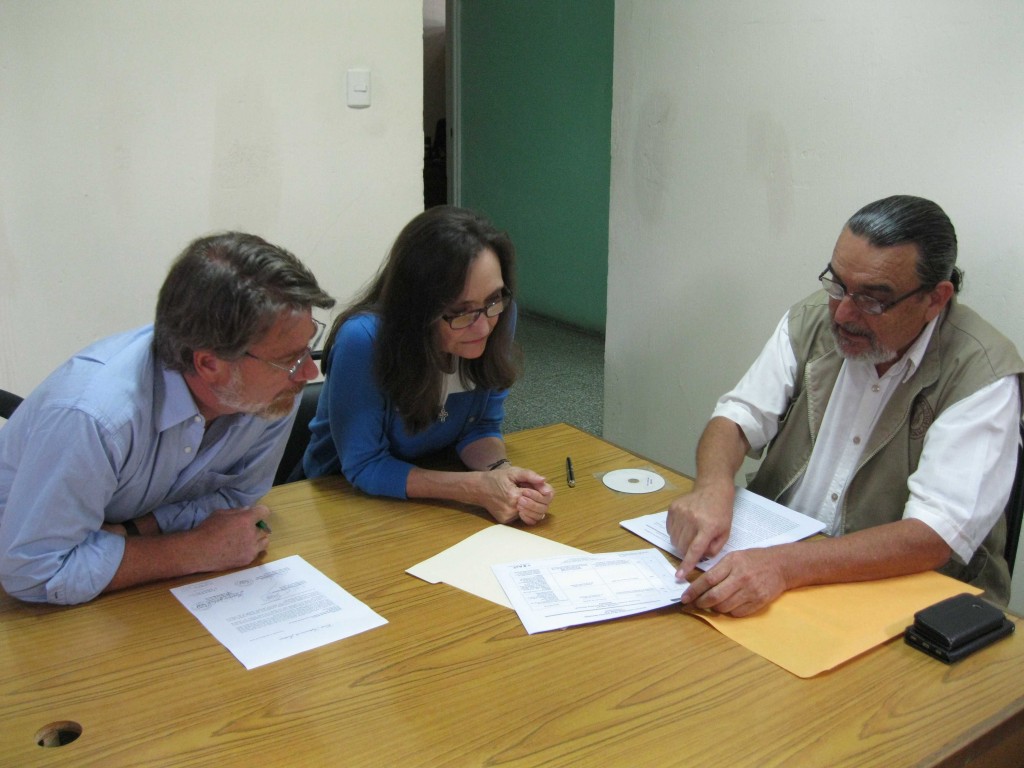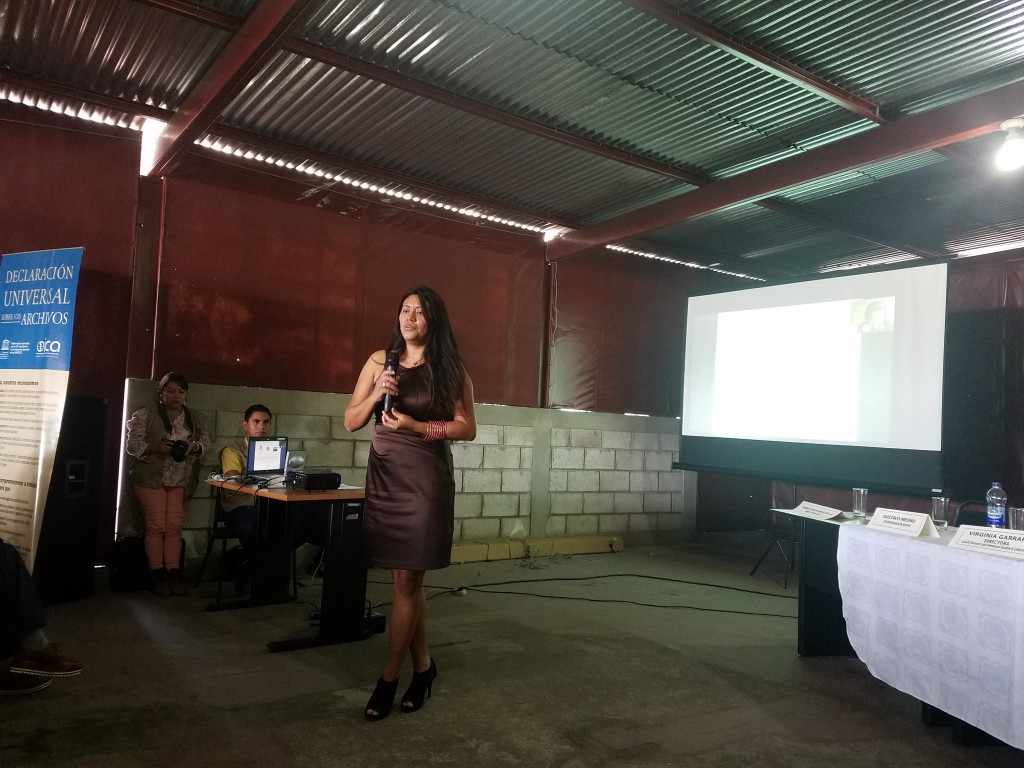A packed house at the Benson Latin American Collection was treated to a stunning set of music for the 17th annual ¡A Viva Voz! Celebration of Latina/o Arts and Culture, held April 4.
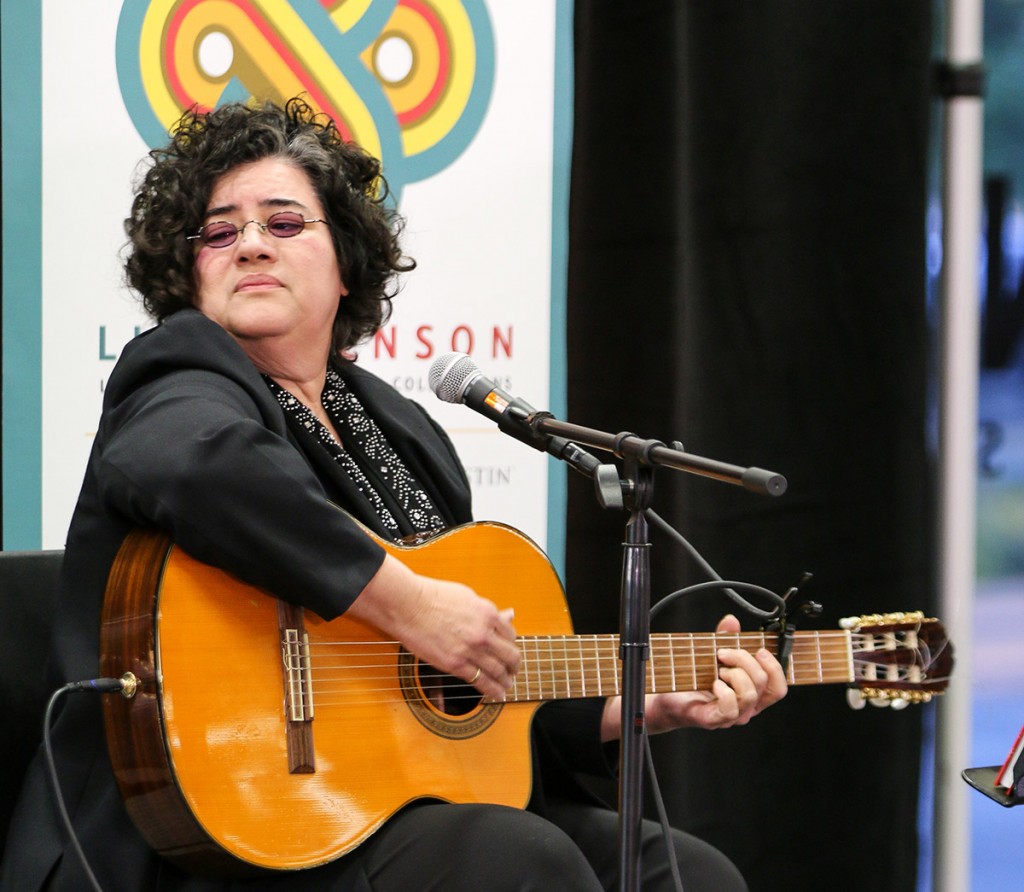
To be in the audience for “Cantos y Cuentos,” with singer-songwriters Tish Hinojosa and Lourdes Pérez, was to be drawn into an intimate conversation, an evening of poetry and song and sentiment that was poignant and personal, and at times delightfully humorous.
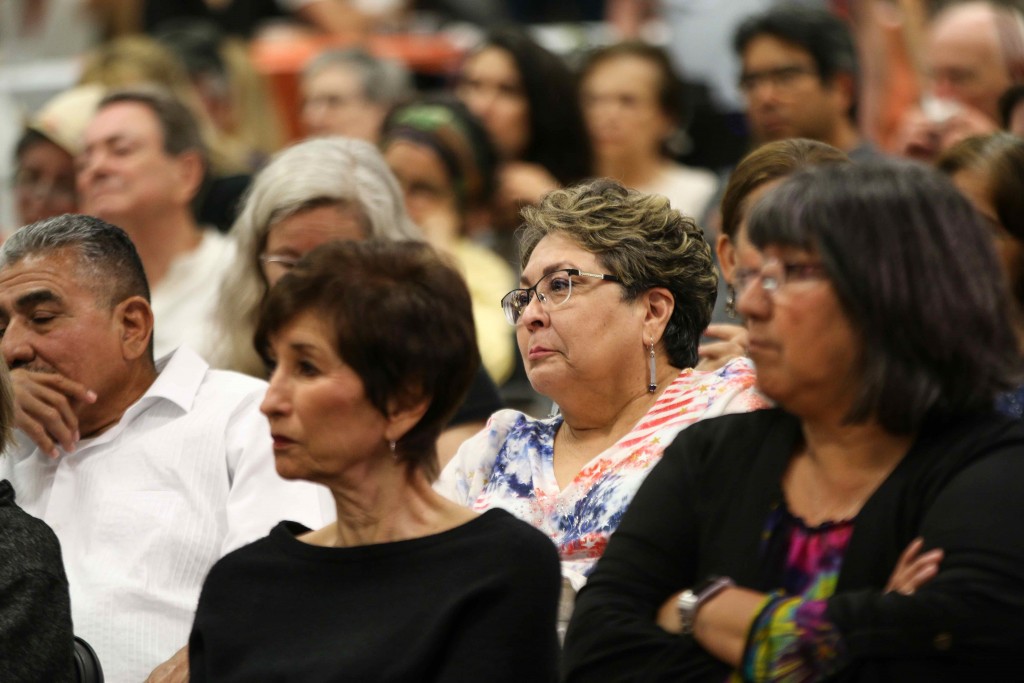
“Embodied in you is the history of thousands and thousands of years and hours of work and activism and human rights and cultural work, so I want to give you a round of applause for being here with us tonight,” said Pérez, before opening the concert with her song “Remolinos.”
In a set that was arranged song-swap style, Hinojosa followed with “Amanecer,” a love song written for her mother.
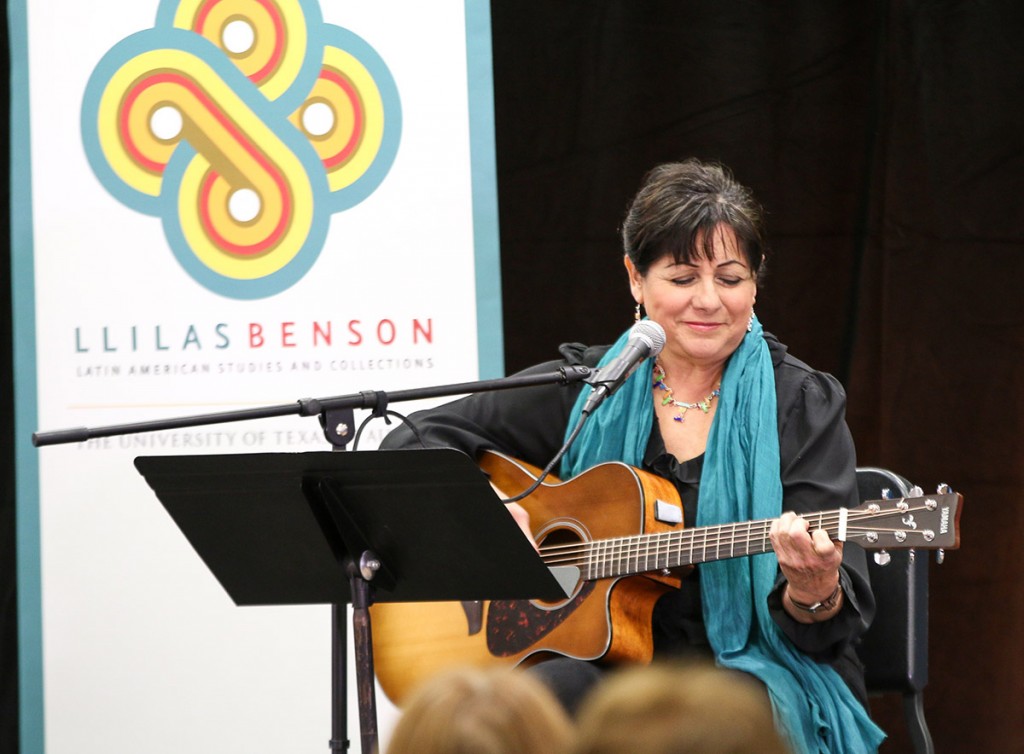
The emotional range of the concert was among the details that made it remarkable. One of the most touching songs of the evening was Hinojosa’s “The West Side of Town,” the tale of her parents, Felipe and María, which she wrote for her children so that they would learn about their grandparents, both of whom died before Hinojosa’s children could know them. Following that number, Pérez turned to her friend and said, “Tish, that’s a beautiful song, and I just wanted to tell you … I admire you, your beautiful voice, your songwriting—your beautiful songwriting—and I look up to you. Thank you for everything you’ve done in your life and your career.” These words, and this moment of one performer responding to the other, capture the authenticity of the evening.
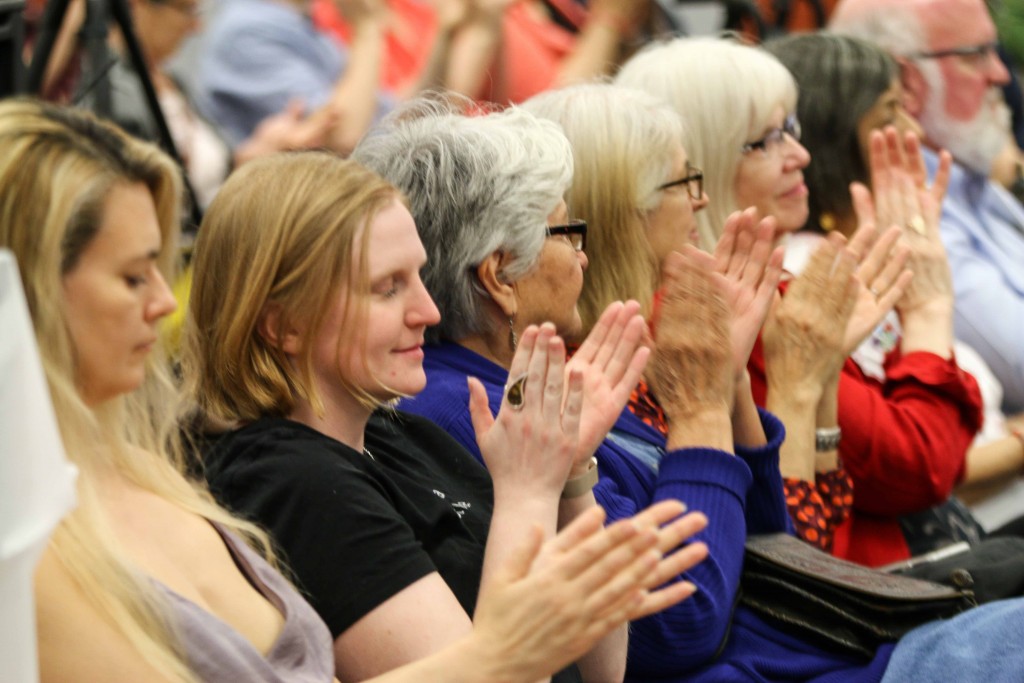
Pérez’s wonderful sense of humor was on display with the songs “Héroe” (about a messenger dog, written in the poetic form known as décimas) and “A tu amor renuncio” (I Resign from Your Love—a breakup song for the digital age). In introducing the lovely “Roses Around My Feet,” Hinojosa claimed it was as close as she could come to a breakup song; the lyrics were inspired by the saying “No me estés hechando flores”— don’t be a flatterer—taught to her by her mother.
“Carrusel,” by Pérez, stood out as a stirring commentary on our time: “Diez mentiras repetidas son igual a una verdad” (“A lie, repeated ten times, equals the truth,” she translated.) In the haunting refrain, Pérez sings, “¿Qué veo? Nada. ¿Qué oigo? Nada. Y, ¿qué hago? Nada.” (What do I see? Nothing. What do I hear? Nothing. And what do I do? Nothing.)
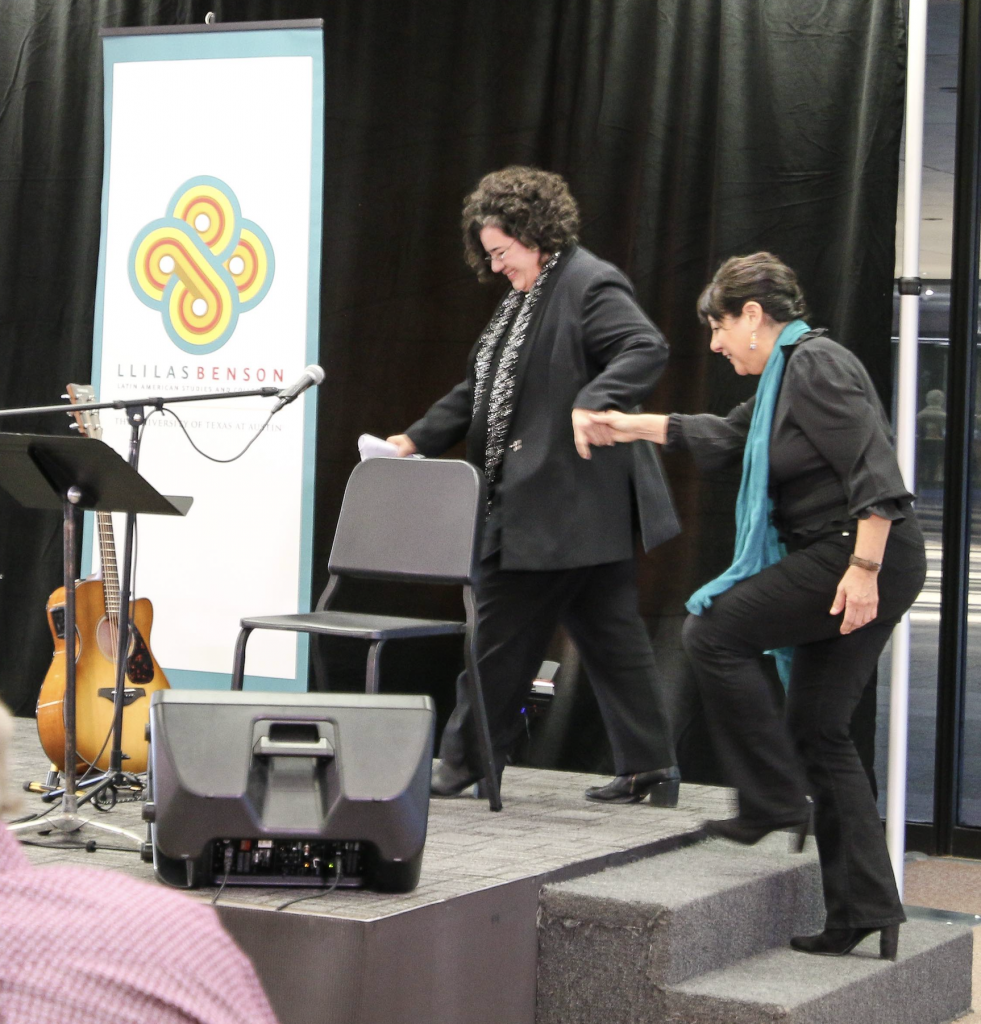
The artists closed the concert with two duets, Hinojosa’s tender and enduring “Manos, Huesos, y Sangre,” written for Mexican artist Frida Kahlo, and Pérez’s anthem-like “Tengo la vida en las manos” (I Have Life in My Hands).
Before teaching the chorus of “Tengo la Vida” to the audience, Pérez spoke: “We still have the opportunity of creating spaces of freedom of speech. Who would have known that it was so threatened?” And she acknowledged the importance of places like LLILAS Benson, and of “this opportunity to celebrate life, to go into institutions of higher learning to tell our stories, and to straighten up the story that is being told” about us. (Adding another dimension to this statement, Hinojosa’s archive is housed at the Benson Latin American Collection.)
I have life, I have life,
I have life in my hands.
It is a consequence of being a woman.
It is a consequence of being human.
And then we all sang,
Tengo la vida, tengo la vida, tengo la vida en las manos.
Es consecuencia de ser mujer, es consecuencia de ser humano!
Learn about the artists at their websites: Tish Hinojosa and Lourdes Pérez.

